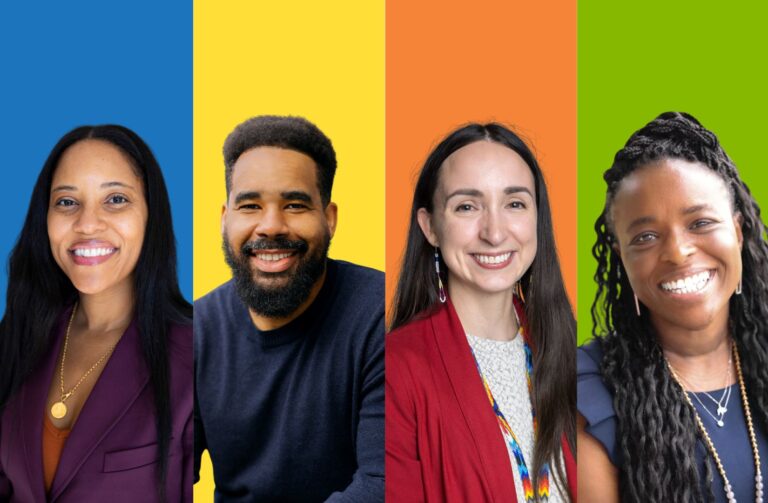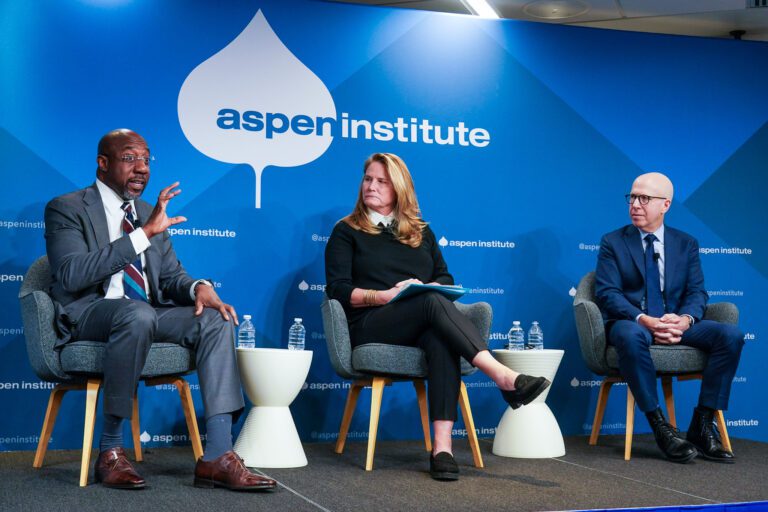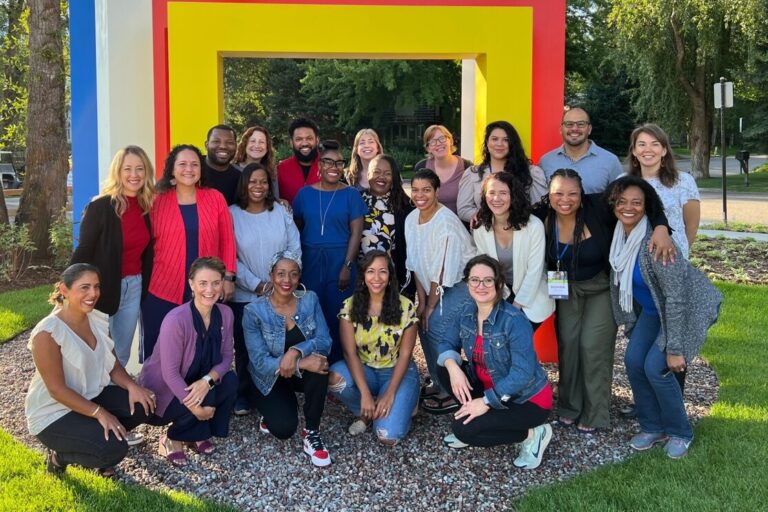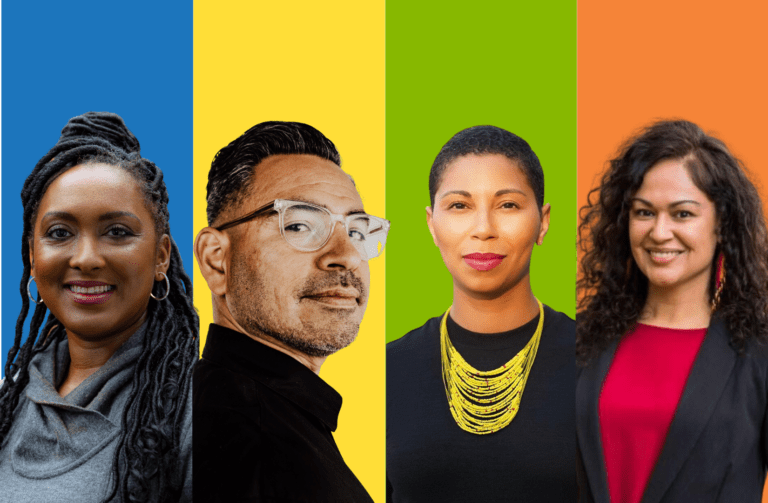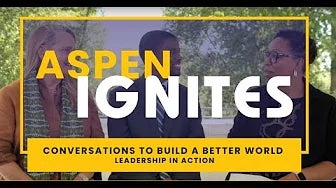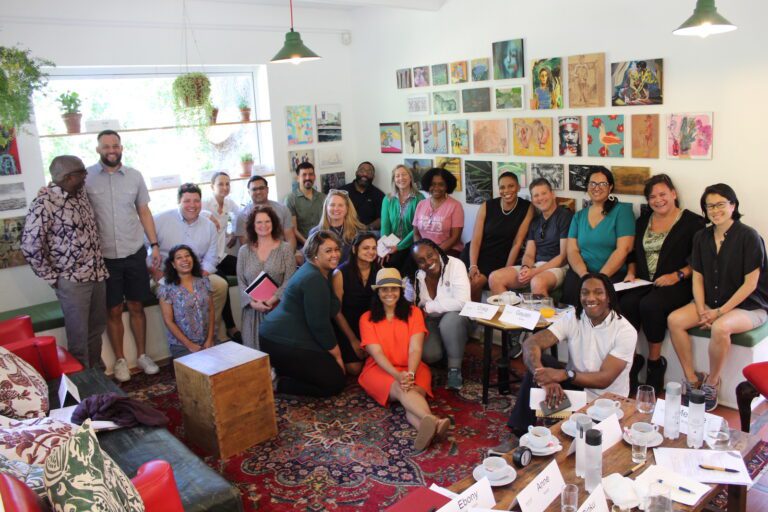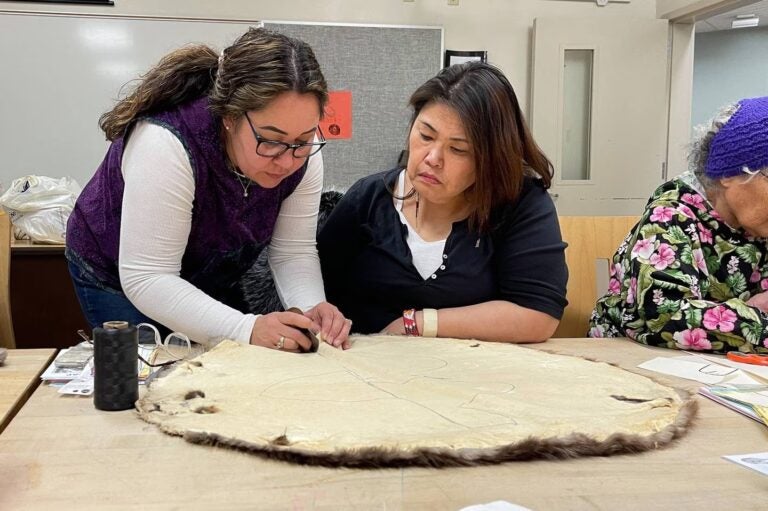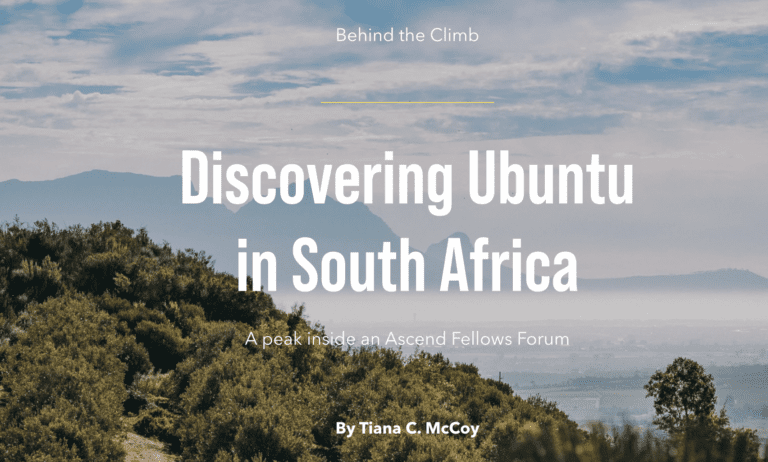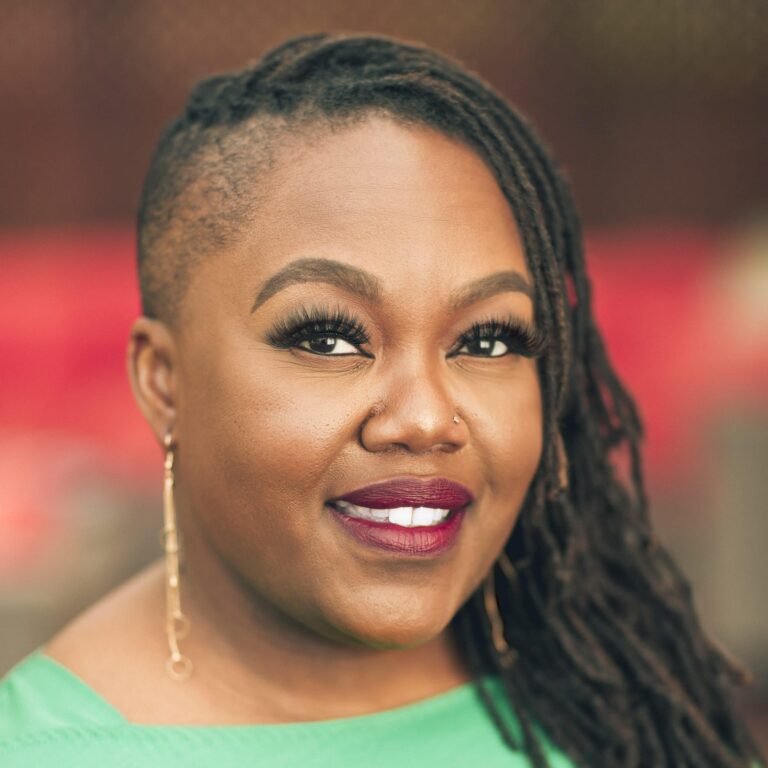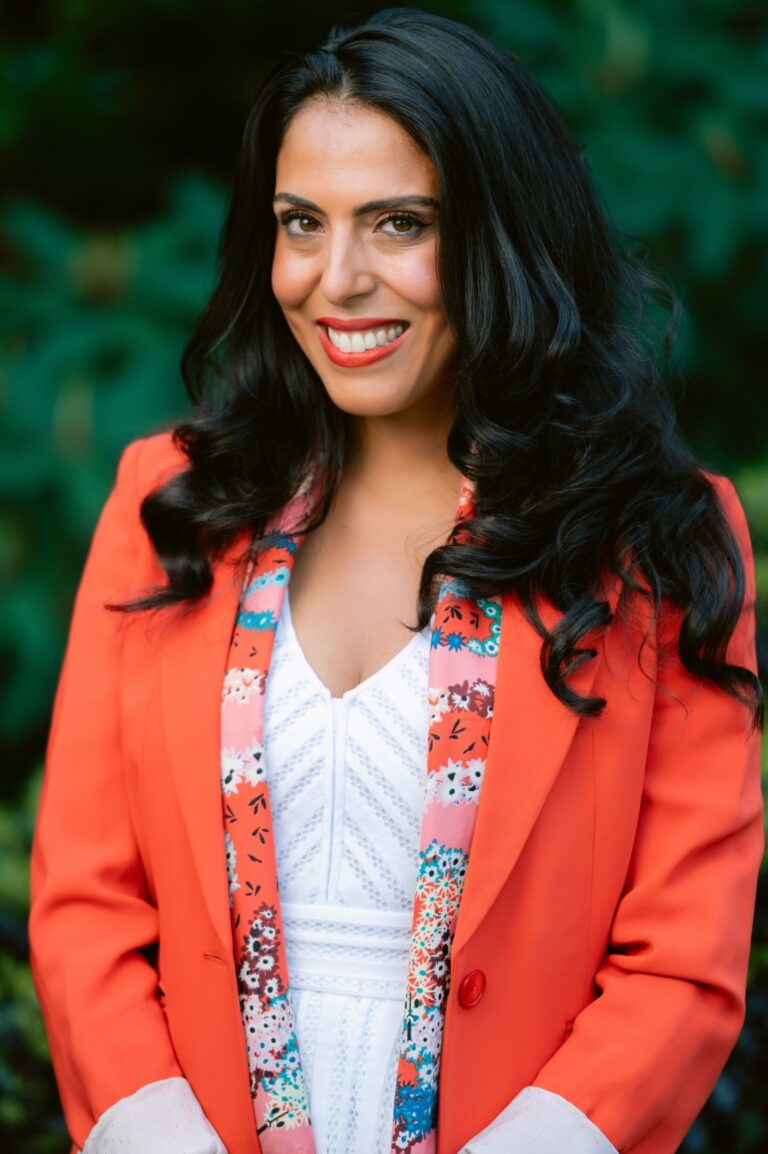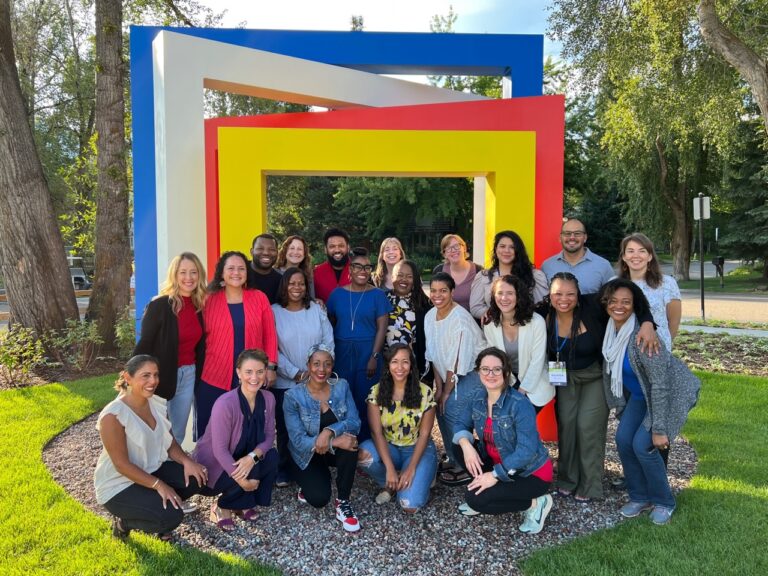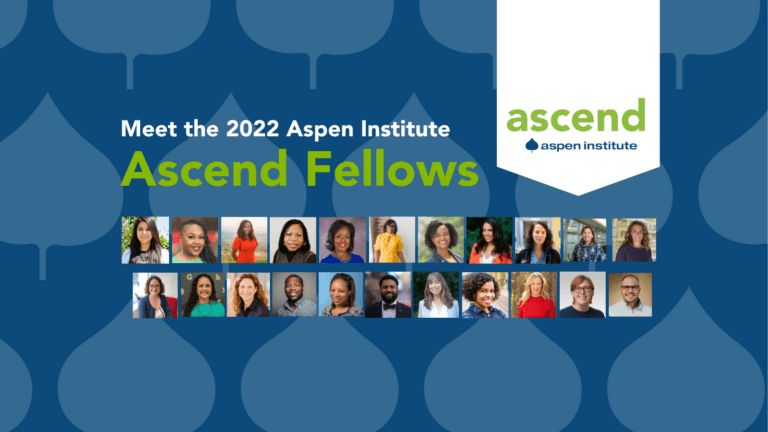Delivering Meaningful Impact with For-Profit Social Enterprise
Up until last year, I was President & COO of the apparel company, American MoJo, a for-profit social enterprise (FPSE) based in Lowell, Massachusetts. My brothers and I co-founded the business in 2010 to provide mobility opportunities to single mothers in the US. We were raised by a single mother and were very familiar with the pitfalls and struggles that a family with one parent faces. As a result, I spent three years at American MoJo honing stitching, education, and life skills training programs to better enable American MoJo personnel to pursue their dream career paths ultimately outside of apparel manufacturing. It was critical that American MoJo be a stepping stone for its employees – not just a job, but a new start and a new career path with a 360 degree support network.
In my three years at American MoJo and one year at Two Degrees Food, I learned many powerful lessons. FPSE is such a wonderful concept. Who says that just because you aren’t a nonprofit, you can’t deliver meaningful impact? In a time when government and nonprofits alike are having difficulty addressing the growing needs of our economically troubled country, the private sector has an opportunity (and in my opinion, an obligation) to help move families toward economic security.
Many corporations are adopting corporate social responsibility (CSR) roles and initiatives to ‘give back’ – yet sometimes this winds up appearing more like a marketing tactic. So, how do you really provide meaningful impact and justify your business being defined as an FPSE?
Your mission is core to your business model. Your mission needs to be fully integrated into your business model. The idea is that you are taking profits and re-investing them in both the business side and the mission side of your business.
The delivery of your mission is as clearly thought out and executed as that of your business. When my brothers and I started American MoJo, we knew a lot about business but little about the mission side of our work. After attempting to run the mission side ourselves, we quickly realized we needed to hire and partner with experts in order to reach our social impact goals. We owed this to our employees and to the integrity of our business.
Your mission provides sustainable impact. Again, it’s wonderful to try to ‘help’ people but consider the type of help you are offering very carefully, and recall this Chinese proverb: “Give a man a fish and you feed him for a day. Teach a man to fish and you feed him for a lifetime.” As Ascend looks at opportunities to adopt two-generation approaches through impact investing, there are lessons to be learned from American MoJo. In particular, companies who employ minimum wage workers stuck without a career path can apply workforce development strategies and provide education opportunities to their employees and their children. This ultimately can have the effect of reducing attrition rates (that are now higher than 50 percent annually in an industry like food services), offsetting recruitment and training costs, and improving employee productivity and morale. The goal is to help those minimum wage workers get on the path to earning a family-sustaining salary with a real career.
The founders’ hearts should be in both sides of the business. It will quickly be transparent to investors, employees, and customers alike if the intent of the founders is simply to make money.
The founders should have experience running a business. More often than you think, those starting FPSEs don’t have experience running a business. They might be moving from a different field entirely with the intention of trying to help in a new way. Everyone has something to offer when you are running a business, but do make sure to have someone at the helm with operating experience (ideally in your industry). Otherwise, a great deal of time and money can be wasted at the expense of learning.
Since founding one FPSE that shut down due to lack of funding, and then running Operations for another, I’ve been so fortunate to be able to observe from the inside the factors that can make an FPSE truly successful, and those that can inhibit its success. Consider these tips when evaluating the start of your own FPSE and with any luck, you’ll avoid some real potential pitfalls.
Cara Aley is currently in a Global Operations function at a language translation company. She resides in Sausalito, CA.
Related Posts
